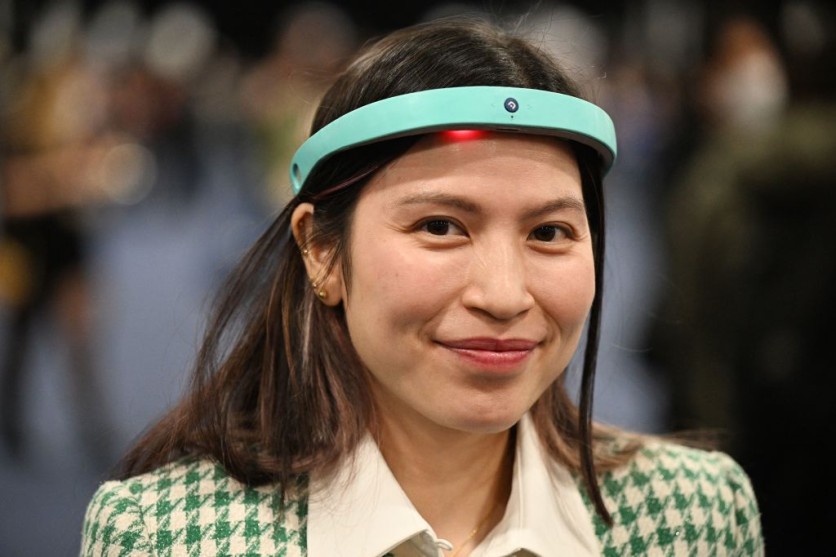Amid the expanding landscape of artificial intelligence (AI) applications, an innovative platform has emerged. Dreamore was developed to harness the power of AI for dream interpretation, offering users unprecedented insights into the realm of their subconscious through a unique blend of cutting-edge technology and human touch.
Coco Chen, co-founder of Dreamore and an industry veteran from TikTok, Tinder, and Uber, pioneers the fusion of AI and spiritual health. With the support of Andreessen Horowitz's Speedrun, the platform that uses AI for dream analysis and provides users with insights and custom art,
In a recent interview, Chen delved into the app's genesis, citing her experience during the COVID pandemic as a catalyst. Isolated in the US while her family faced challenges in Shanghai, Chen's intense dreams led to the exploration of dream analysis methodologies. Collaborating with her co-founder, Dreamore emerged, integrating ChatGPT to log and interpret dreams alongside bespoke artwork.
The app's Product Hunt debut garnered over 5,000 users on day one, unveiling a community eager to share and explore dreams. Survey results indicated users grappling with recent traumas and dream enthusiasts seeking self-understanding.
Just touched down from Hawaii 🌴 and it's time to get back to the grind! 🔨
— Coco Chen (@cocoyaly) September 9, 2023
Experience the magic of #TarotReading with our new web platform. Search 'Dreamore AI' on Google to begin your mystical journey today! 🌟✨
cc @_buildspace @_nightsweekends pic.twitter.com/706vV7uBJ0
A Great Help in Managing Emotional Distress
Chen underscored AI's potential in wellness, clarifying that Dreamore does not replace clinical psychotherapy but provides valuable insights.
AI-generated analyses, drawing from extensive online literature, serve as a framework for users to navigate emotional and spiritual states. Particularly crucial for users in emotional distress, Dreamore aspires to be a significant tool in their emotional healing journey.
"This is particularly important for those in emotional distress, like our users in Ukraine who recount dreams of war and conflict. Our app aims to be a significant tool in their emotional healing journey," she said in an interview with Rest of World.
In comparing digital mindfulness concepts in China and the US, Chen noted the broader features of Chinese apps like Cece, contrasting with the specific functionalities of their American counterparts. While Dreamore presently focuses on dreams, Chen expressed openness to incorporating gamification elements inspired by Chinese apps to boost user engagement.
AI: Augmentation, Not Substitution
A Forbes report highlights AI's limitations in replacing some professions, which include spiritual leaders, emphasizing the inherent human qualities of empathy, moral agency, authenticity, and wisdom.
AI's role is seen as an augmentation, automating tasks like record-keeping while spiritual leaders retain their humanity in fostering connections and community.
On the mental health front, AI applications show promise but await broader validation. Therapists leverage AI to analyze patient data for diagnoses, with wearables monitoring physical and cognitive states.

AI chat programs assist therapists in identifying patterns, but concerns about optimization for mental health outcomes versus profitability linger.
The World Economic Forum provided guidelines to navigate AI's potential misuse in mental health. The toolkit authors questioned if AI conversation in therapy is designed for user mental wellness or developer income.
"Who is ensuring that a person's mental health-related information is not being used unscrupulously by advertising, insurance, or criminal justice systems?" the authors noted, as quoted by The Joplin Globe.
According to the World Health Organization, projecting AI's significance in mental health treatment is premature. Dr. Ledia Lazeri, regional adviser for mental health at WHO/Europe, says AI is currently used mostly to study depressive disorders, schizophrenia, and other psychotic disorders, highlighting a gap in its potential for studying other mental health conditions.
Related Article : Does the Internet Affect Mental Health? New Study Debunks Popular Belief

ⓒ 2026 TECHTIMES.com All rights reserved. Do not reproduce without permission.




